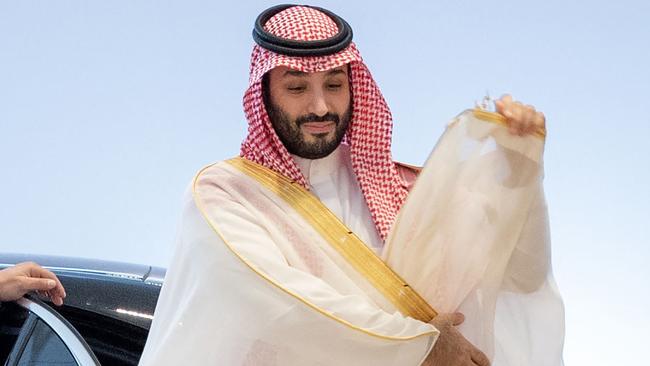
The assumption that peace is not available can be a dangerous one, because it turns into a belief that it never will be. It then follows that Israel should play off Palestinian factions against each other and undermine their legitimate leadership, as it has done. It means settlers might as well push out more Palestinians in the West Bank. The same view on the other side empowers extremists and means Hamas and Hezbollah will always have recruits for the next war. Each side proves all the more strongly to the other that peace will never be available, nothing more so than the terrorism perpetrated by Hamas two weeks ago.
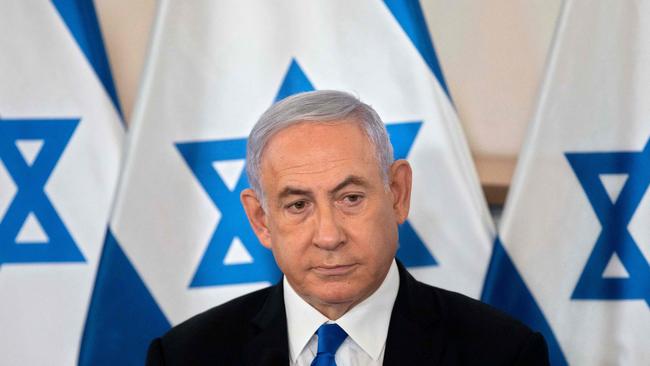
This assumption, that future peace is inconceivable, will be key to the strategies of both sides in the intensifying war in Gaza we are about to witness. For Hamas and its allies, the objective will be to draw the Israelis into a long war of attrition that turns more of the world into their sworn enemies. If that means firing missiles from among civilians, whose deaths become propaganda even if caused by their own side, then they have no qualms.
For the Israelis, the great problem is that there are now many military objectives – destroy Hamas, free the hostages, avoid those civilian deaths, forestall a wider war – and it is ferociously hard to devise an offensive in which at least one of those objectives is not abandoned. But at the end of the fighting, they are likely to have a clear purpose in mind: to wall off Gaza, to put it out of sight and mind, to create a no-man’s land so festooned with mines, traps, drones and patrols that even an insect would struggle to cross it. Israel will then feel more secure, in a region where peace is impossible.
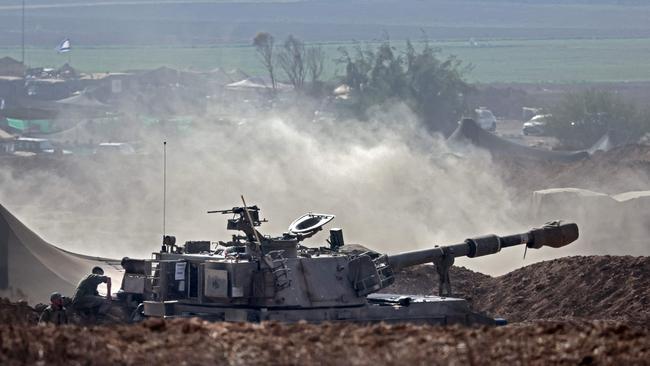
Such an outcome will be completely understandable and is perhaps inevitable. Yet the hard truth is that Israel’s future security will still be linked to what happens on the other side of the great barrier it will build. Military objectives do not remain secure without political progress. We all know what is likely to happen years down the line: a new, radicalised generation drawn to terror, with more advanced weapons, readying for another battle, creating another “do or die” moment for Israel.
This is the old Middle East, to which we are now conditioned, and the horror of which we will continue to witness in the coming days. Since the genuine attempts to find peace, embodied in the Oslo Accords of the 1990s, ran into the sands, with hardliners stronger on all sides, it has become a familiar pattern. It is a conflict that could easily last for many decades to come, with periods that seem secure always punctured with sharp reminders that security is not peace.
Yet this week we will also be treated to a display of the new Middle East. Global financiers will congregate in Riyadh to be part of the transformation of Saudi Arabia under Crown Prince Mohammed bin Salman. Hundreds of billions of dollars are pouring into hotels, sport, renewable energy, new cities and artificial intelligence. Tourism advertisements show a woman riding a horse across the desert, hair flowing freely. A more moderate version of religion is being enforced in the mosques. The Saudi leadership is engaged in an urgent program of radical change, welcomed by a new generation of educated women and motivated by a fast-growing population, 63 per cent of whom are under 30.
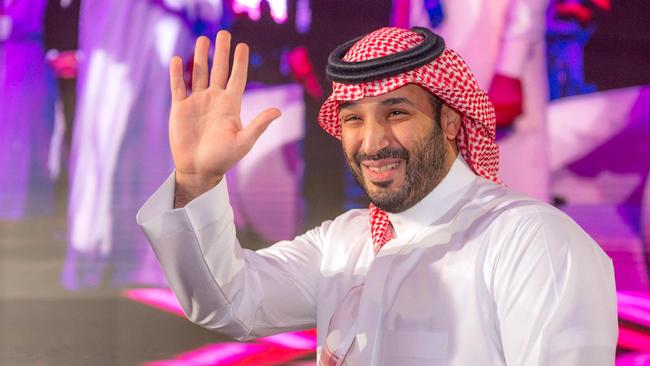
This does not mean Saudi Arabia is turning into a western country. Its leaders would regard democracy as spelling complete disaster. They position themselves between all the world powers, aiming to agree nuclear security with America, fix the world oil price with the Russians and develop new technologies with the Chinese. They will buy weapons from the West but also join the Brics; they have settled differences with Qatar and sent an ambassador to Iran while also discussing normal relations with Israel; they plan to be the crossroads of east, west and south, where some can make their pilgrimage to Mecca while others will soon be buying a drink.
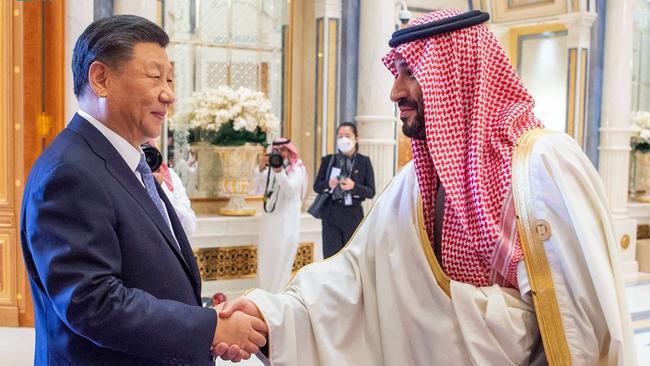
There should be no illusions that this massive change brings western rights or governance but it nevertheless brings hope and optimism to the region and a much-needed dynamism to the world economy. It is a hugely welcome development – the promise of a new Middle East in which the shattering of old assumptions, seizing of opportunity and laying aside of enmities is the greatest possible contrast with the irreconcilable conflict of the old.
There are now three scenarios for the Middle East. One is that the old version snuffs out the promise of the new, in a regional conflagration that runs out of anyone’s control. That is why the Saudis are talking to the Iranians, and the US is passing dire warnings to Tehran. The second, much the most likely, is that old and new compete for many years to come. That will not stop the Saudi-led transformation but it will always threaten it. Those young Saudis care deeply about the fate of Palestinians. Iran will seek advantage from championing their cause. The spirit of the new, fun party will always suffer from being held in the next room to the old, unstable powder keg.
The question to ask in Riyadh this week is whether there could be, over time, a third scenario, in which Gulf States that are becoming a new global crossroads play a more decisive role in making peace attainable in their region. While outside powers have always complicated the Middle East, solving its problems is now beyond them. It is an Arab world in the midst of great change that can take greater ownership of a solution. They tried with the Arab Peace Initiative in 2002, but what will be needed is a more sustained approach over many years. It would combine relations with Israel with the use of financial firepower and political ruthlessness – neither in short supply – to help mould a successful Palestinian alternative to the terror of Hamas, in Gaza and elsewhere.
This week, every TV screen will show two sides who assume that peace is forever unavailable. The one hope to hang on to is that the new Middle East will ultimately steel itself to change the assumptions of the old.


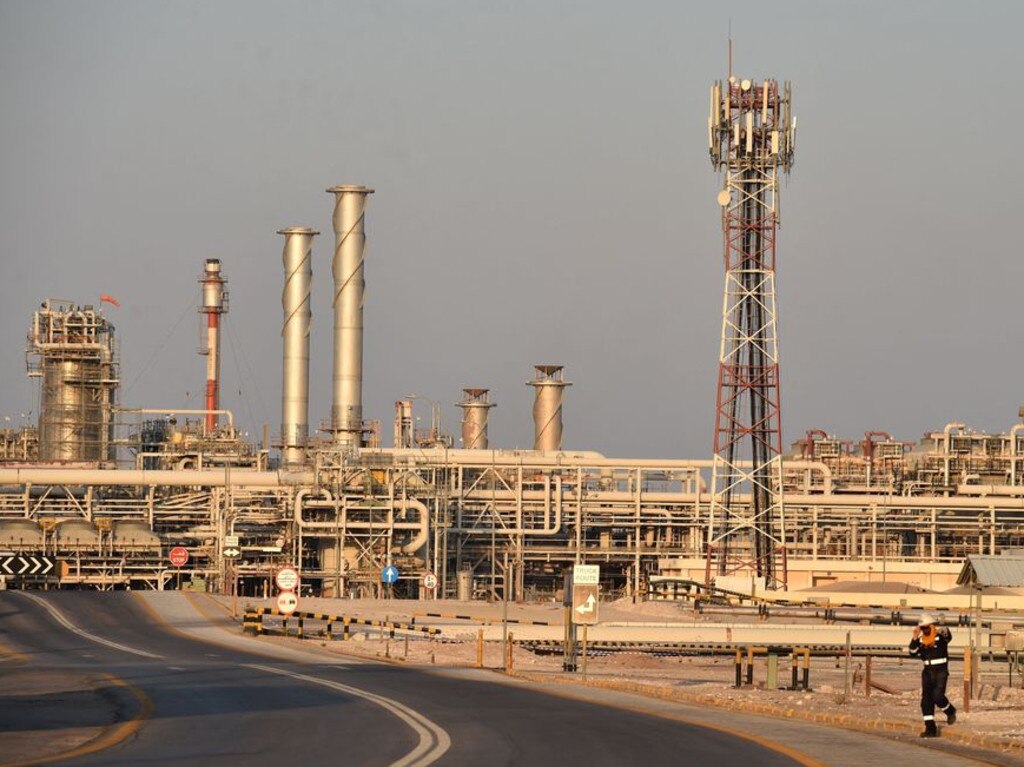

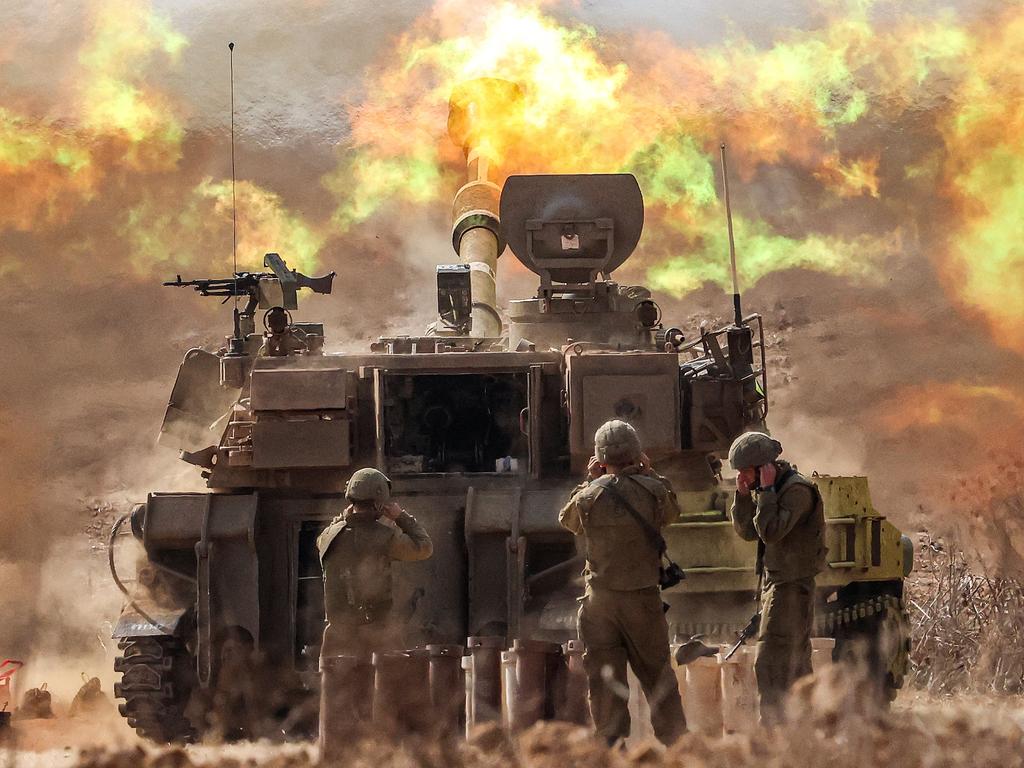



Ten years ago, I was in the Israeli prime minister’s office in Jerusalem with the man who is so hard to keep out of it, Bibi Netanyahu. After I had made the longstanding British case for pursuing peace with Palestinians based on two sovereign states, he talked at length about the unreliability of the Palestinian side, bedevilled by weakness, division or extremism. “It is not that a two-state solution is not desirable,” he summed up, “it is that it is not available.”